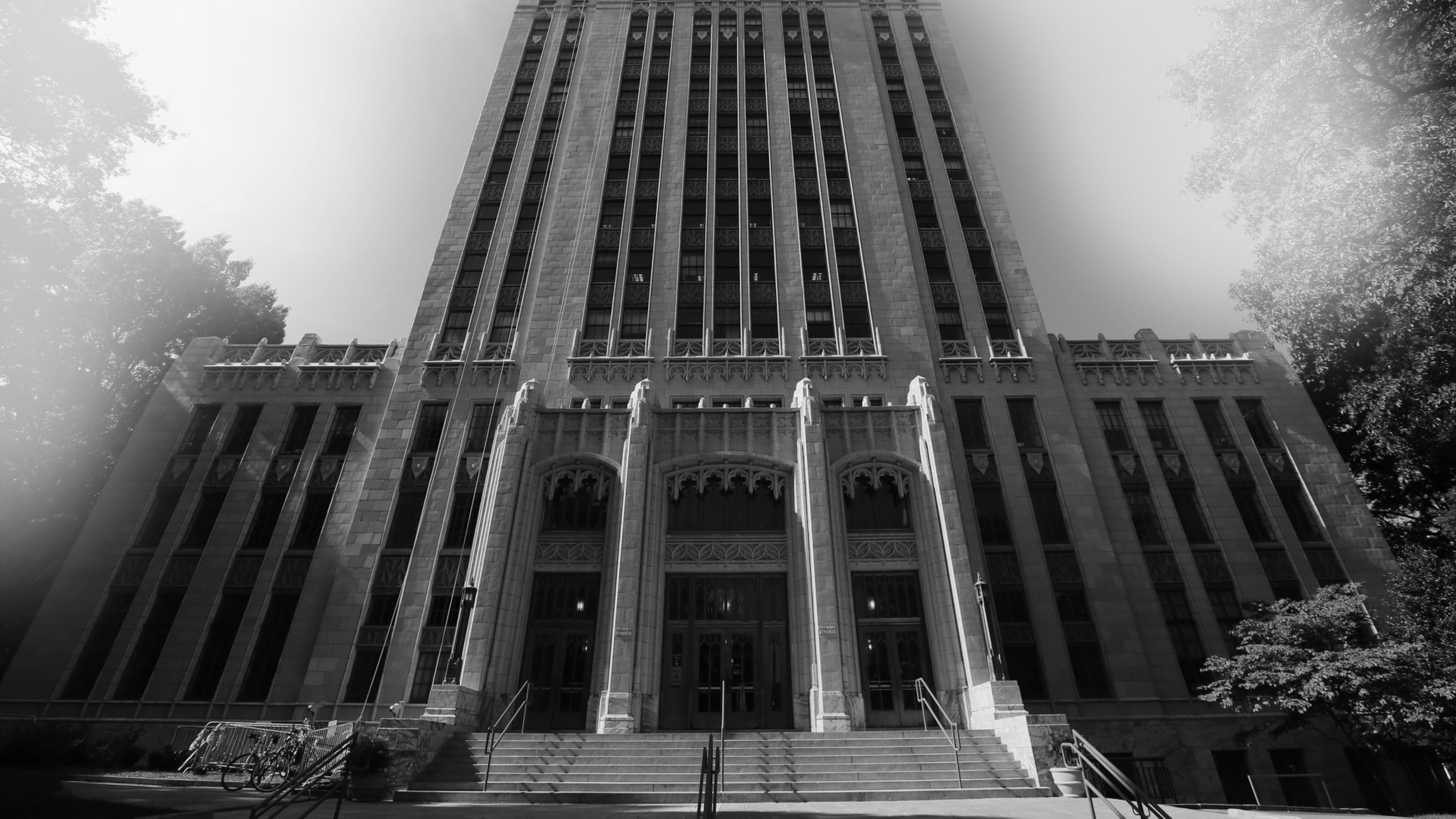Atlanta’s public trust task force recommends Inspector General

The group assembled by Atlanta Mayor Keisha Lance Bottoms to study how the city can better combat corruption issued a 28-page draft report Wednesday that featured one big idea: The city should create a new and independent Office of Inspector General to hold public officials accountable.
Earlier this year, Bottoms created the Task Force for the Promotion of Public Trust to help restore confidence in a city government that has been bombarded by indictments and guilty pleas stemming from a long-running federal corruption investigation.
“The Task Force believes that the Inspector General model is a best practice and would be the most successful model in Atlanta to root out fraud, waste, abuse, corruption and misconduct,” the report says.
The task force, which began in May, met for the last time on Wednesday.
There are several recommendations in the report about how the position should operate: The IG should have a fixed term of appointment and specific provisions for removal. There should be budgetary protections to prevent retaliation. The office should have subpoena power and confidentiality requirements to protect the subjects of investigations as well as witnesses.
The task force also recommended that rules be created that force employees and contractors to cooperate with investigations, be truthful and proactively report misdeeds.
"All members of the task force agree that, based on past history and recent corruption cases, the city needs an IG office that is empowered to go wherever the evidence may lead, to the highest level, without fear or favor, and let the chips fall where they may," the report says.
William S. Duffey Jr., a former federal judge in the U.S. Northern District of Georgia, said current and past scandals demand a bold move. Duffey presided over public corruption cases during his time on the bench.
During the months in which the task force has met, The Atlanta Journal Constitution's reporting revealed that the city's former Chief Financial Officer used city funds to purchase machine guns; and the official who oversaw the city's minority contracting programs plead guilty to wire fraud and making false statements on his tax returns.
“For the first time in a long time I get the sense that there is legitimate and real resolve among the city leaders in the executive branch and in the legislative branch,” Duffey said.
But several questions remained about the new office.
According to the report, the ability to issue subpoenas is crucial to the success of an Inspector General. But under current law, any city-issued subpoena would be enforced by the municipal court, whose enforcement powers are restricted to the city limits.
Some task force members worried that the office might not have the power and independence it needs without additional guidance from the group.
“I feel like the pie isn’t baked,” said Don Penovi, the group’s vice chair. “How do we keep the pedal to the metal?”
Task Force Chairwoman Leah Ward Sears, a former chief justice of the Georgia Supreme Court, said that wasn’t the group’s job.
“We have elected officials who are supposed to take the ball and run it to the finish line,” Sears said.
Member Paul Zucca agreed.
“If (elected officials) are not up to the task, then that is for the citizens to decide,” Zucca said.
The creation of an IG position was first introduced by former Georgia Sen. Vincent Fort, before he became a mayoral candidate in 2017. Several candidates in that crowded mayoral race adopted the policy position as their own, including Bottoms.
An IG would build on the city’s efforts to create an Independent Compliance Officer. City Council President Felicia Moore drafted legislation to establish that position earlier this year and the council approved it.
Moore told the task force she initially wanted an Inspector General, but thought the title sounded too heavy handed.
Moore said she was amenable to giving additional powers to the compliance officer and changing the title. But she wanted the plans for the compliance officer to continue while the city council and mayor’s office worked out details of an Inspector General’s position.
“We need someone to hold people accountable for the following the law,” Moore said.


